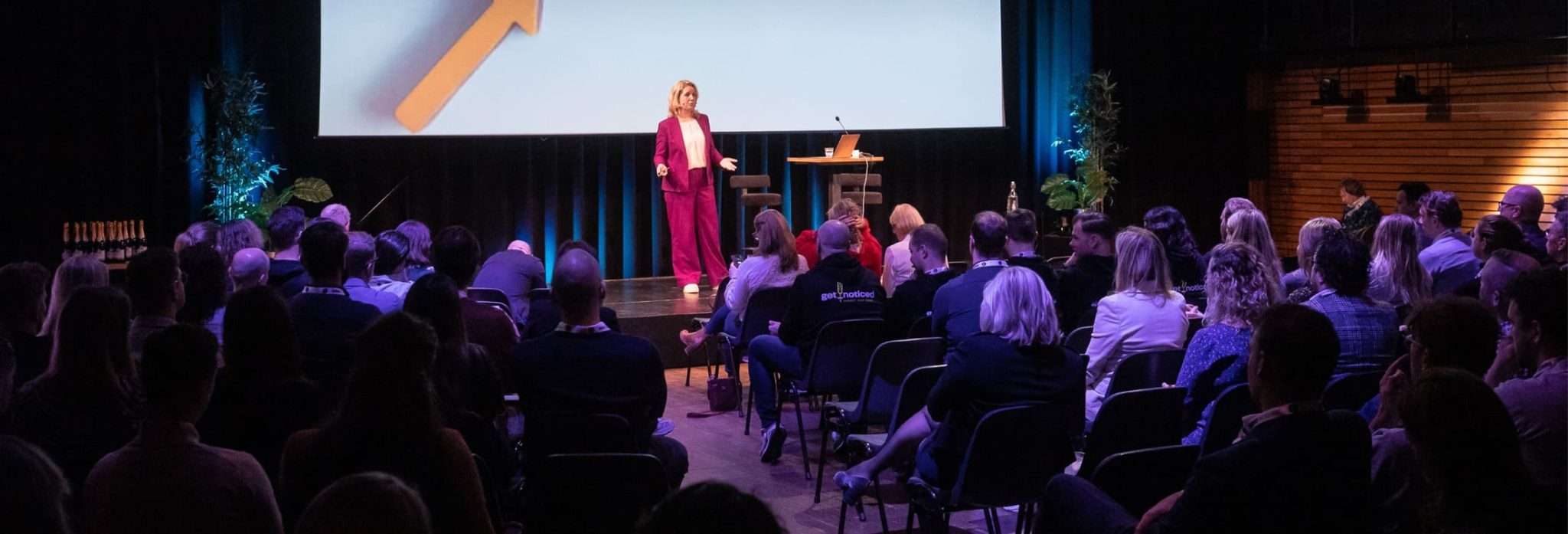I am a big believer in the 21st century skills. The human skills that are important in the 21st century where technology is rapidly developing, and we have to ensure that our skills adjust to that. Unfortunately, I see that those skills are highly underestimated and misused. We have diminished it to learning how to work and deal with technology, and we focus it mainly on education. To something that our children should learn in school. It is mainly about the balance between creativity and technology skills. Agree that this is important, but I want to argue that the 21st century skills is something we all have to develop or use even more. Especially during the transition twenties, we all have to be able to be creative, solution driven, collaborate and use technology where it can support us.
The current 21st century skills are defined as: critical thinking, creativity, problem solving, computational thinking, ICT skills, communication, collaboration, self-starting. I think though, to be complete, we have to add three important competencies to the 21st century skills.
- Ethics
Ethics stands for Effective Technical and Human Implementation of Computer-based Systems but also has to do with the ethical way in which we develop technology in our work and lives. As the technology industry is young and every company is becoming a technology company, we need to start this dialogue now. That is why the 5th technical revolution is called the age of ethics. That means that ethical thinking is a skill that fits the 1920s of the 21st century. In addition to knowing the ethical issues and dilemmas, ethical thinking requires courage, integrity and a curious attitude. How do we want to live and work alongside and in relation to technology?
- Defining the right questions
How Albert Einstein puts it: if I need to come up with a solution, I spend 45 minutes to define the right question, and that makes it possible to come up with the solution in 15 minutes. We argue that too much of our effort is currently focused around finding answers and solutions. Since AI is able to show us answers, it is our human skill to define the right questions. What do we want to know is the basic question of every data analyst around the world. And since we will all have to work with data in the near future, we have to raise our skills to define the right question. Besides working with data, we argue that, focusing more in defining the questions, we will advance, be more creative and drive innovation.
- Imagination
One of the skills we have as human beings it to think ahead, to create a vision about the future. We actually think more about what we will do in the (near) future then we think about the past or present. But we have to use this skill much more to imagine ourselves our future. Imagination ensures or creativity, our innovation and our choices. We can start a project, or design a product by creating a picture with our imagination.
As Studio 21st, our vision is that the future of work is not about work. The future of work is about being valued and adding value! Work becomes hybrid and what we see as work today may be different in the future. Because if AI & Robots take over our work, what space will be left for our human potential? Which activities of people and employees are valuable to our organisation? How can we make more use of that when tasks are lost due to technology? With the rise of technology, we have the opportunity to redefine work and give room to (new) human 21st century skills. Human + Tech = Potential. For the future of us people, our society, the organisations where we work and the 21st century employee.
Our mission is to help organisations harness the 21st century skills of people through a hybrid work model that combines technology innovation and human potential. That potential is about creativity, empathy & connection, solution-oriented thinking, being critical, ethical skills and dealing with technology. New jobs will be created, but how do we want to shape those new jobs in relation to technology? Since the late 1990s, we have been helping organisations both to introduce technology that can take over tasks in our business processes, and to determine what human values and skills are needed to innovate, grow and develop as an organisation.
www.studio21st.nl

